5. Border (Sweden)
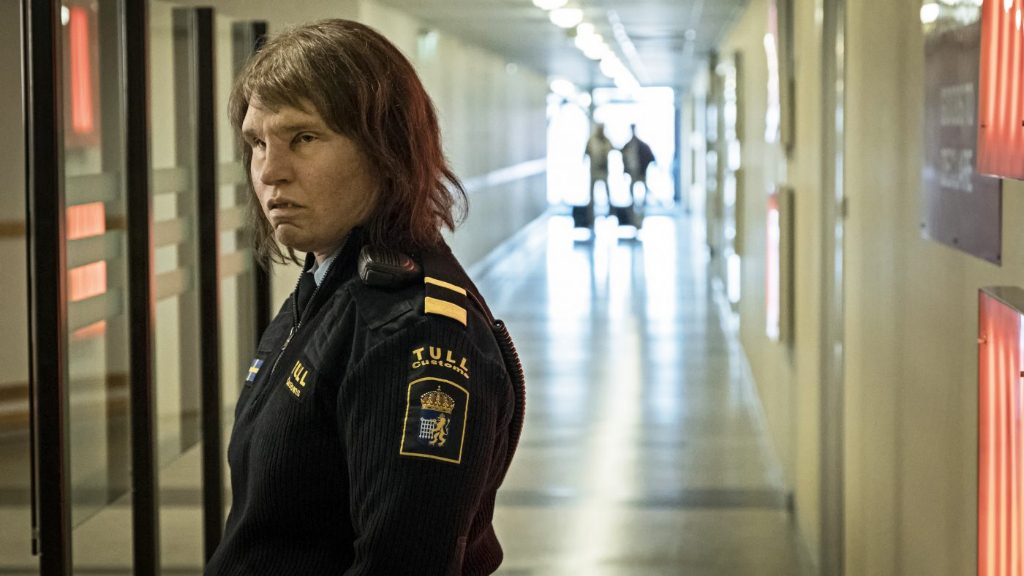
There’s a special place in cinema heaven for films like Border, that is cinema that dares to tell such a strange, even uncinematic sentiment with the utmost confidence and craft. Border is from Sweden and set there, but it exists in a mashup world where supernatural elements coexist among the grit and misery of everyday life.
The lead character is a woman who works as a customs official. She lives a lonely life, isolated by her different appearance and unattractiveness, but her ability to smell fear makes her a valuable member of her workforce. Two developments upend her life. Professionally, she finds evidence of a child exploitation ring. Around the same time, she happens across a man who shares physical similarities and leads her to the truth about her identity.
Like many of the films on this list, Border manages something to say by punctuating its story with the anxieties and motifs of contemporary politics and culture. But if much of European cinema was concerned with making a statement this year, very few did it with troll sex, human trafficking concerns, beautiful landscapes, and a parable-like sensibility about loneliness and how it feels to be a true outsider.
Border is destined for international cult classic status because its premise is strange without being trite, but this makes it a sort of trojan horse. Come for the weirdness, stay for the cinema.
4. Dogman (Italy)
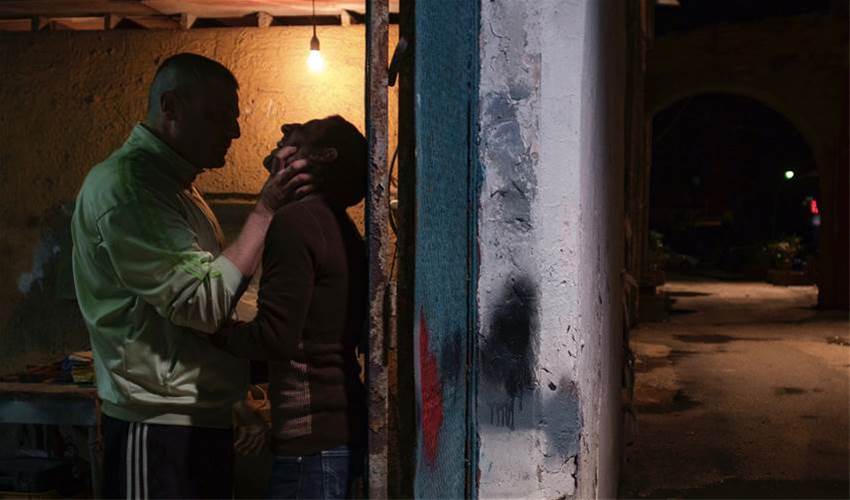
Matteo Garrone continued his ascent of Italian cinema with Dogman, a film that sounds like a superhero flick but is the exact opposite in almost every way.
Dogman was marketed with images of lead actor Marcello Fonte carrying or caring for a big dog, one that looked strong in the ways that Fonte’s character, also named Marcello, wasn’t. It was an accurate visual summary for Garrone’s exploration of masculinity, empathy, and the nature of relationships.
The story focuses on Marcello, a dog groomer who might be described as gentle, passive, or cowardly based on perspective, and how he negotiates his friendship with former boxer and current brute Simone, played by Edoardo Pesce.
Much of the film rests on Fonte’s shoulders, and he not only carries the film but also makes it soar at times. For his trouble he won the top acting awards at Cannes and the European Film Awards, and it’s easy to see why. Simone is the borderline psycho role that lets actors run loose and steal scenes. With Marcello, Fonte has to be the person we forget to make eye contact with, the kind of person who we often can’t bother to talk to.
Fonte’s performance may define Dogman, but the film is more than just one performance. Garrone has created another technically sound and quietly observant study. Much of what happens in Dogman is familiar.
The film has notes of gangster films, gritty kitchen sink dramas, dark comedy, and psychological horror, but Garrone, working from a script by him and six other writers, uses little details to large effect. By working within common storytelling tropes, he has made a story about how we deconstruct our leading men.
3. “I Do Not Care If We Go Down In History As Barbarians” (Romania)
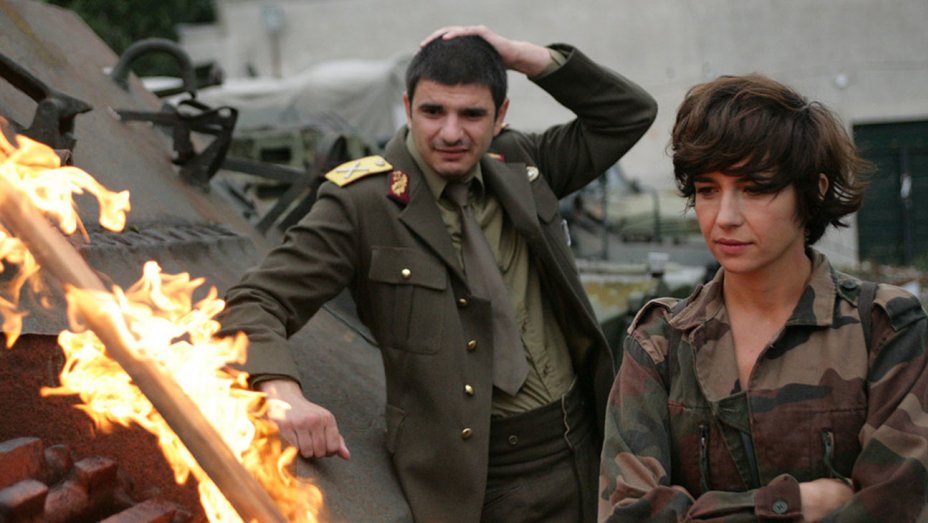
The quotations are part of the title, which says a lot about Romania’s submission for the foreign film Oscar this year. Romanian cinema has come into its own this century, and while native filmmakers have delivered some of the best films of the past two decades, the movement has been criticized for being overly artsy and cerebral.
“I Do Not Care…” won’t do much to change anyone’s mind. It’s as interested in examining how signs and symbols are used to manipulate the public and history as it is in presenting a chilling view of how social structures fail people. It also is a strong contender for best film title of 2018 and the rare comedic drama about genocide that never seems in danger of overstepping its tone.
Directed by Radu Jude, “I Do Not Care…” stars Ioana Iacob as a theatre director preparing a performance based on the wartime massacre of tens of thousands of Jews in Odessa by Romanian troops allied with the Nazis. Taking its name from a speech by Council of Ministers that sanctified the massacre, Jude’s film is a meta commentary on truth and reconciliation, as well as how populations reconcile their past atrocities with their contemporary values.
2. Custody (France)
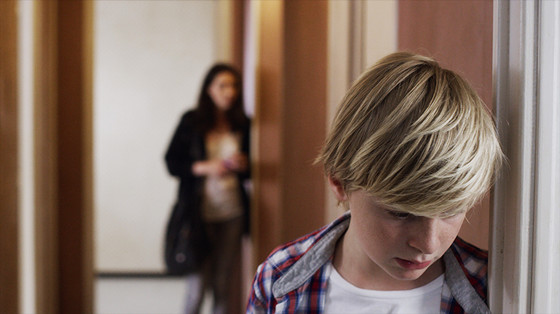
We often think of horror films as tense, gory affairs with hauntings and supernatural beings, but Custody (original title Jusqu’à la garde) is one of those films that’s horrifying without technically being horror. It’s also excellent. So excellent that it came out of nowhere during the 2017 Venice Film Festival to win two of the top prizes. This was the year that The Shape of Water, Three Billboards Outside Ebbing, Missouri, and First Reformed were all commanding attention.
Xavier Legrand’s film is about a son caught in the middle of a bitter divorce. His father has two faces. To the outside world, he’s a loving family man. To his family, he is violent, controlling, and threatening. When the father asks for joint custody, no one sees any reason to deny him even as this puts the son, played by Thomas Gioria, in harm’s way.
Custody is an unpretentious film that doubles as a blistering portrayal of domestic abuse. It shows a family dynamic that is usually portrayed for laughs or extreme pathos, but Legrand understands that discipline and realism are what make this story powerful.
Custody isn’t as showy or strange or cerebral as some of the other films on this list, but it’s also set apart by the efficacy of its stark aesthetic. Legrand’s cast and crew don’t need big moments or heartfelt speeches. They have the real world, and that’s shocking enough.
1. Cold War (Poland)
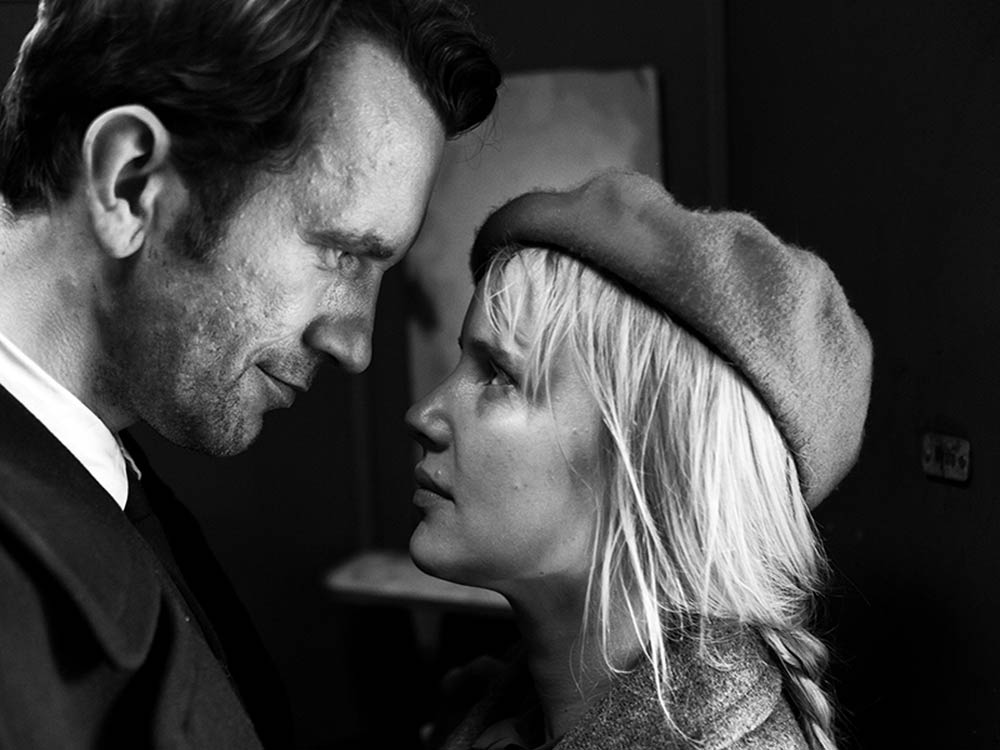
You could make a case for any of the films as the best Euro effort of 2018, but it’s difficult to argue against Cold War as the best of the year. It won the top prizes at the European Film Awards as well as the director prize at Cannes. Like director Paweł Pawlikowski’s previous feature Ida, it’s managed to cultivate Oscar buzz outside of the foreign film category, which is a difficult feat if your name isn’t Cuarón or Almodovar.
Still, big ticket winners usually have their quality exacerbated by clout. Pawlikowski’s most accomplished work to date doesn’t suffer this fate.
In fact, Pawlikowski has made a mini miracle of a movie, one that is at once personal and universal. While another filmmaker might be tempted to follow up their largest international success by going bigger, bolder, flashier, Pawlikowski doubles down on the nuance, empathy, and craft that defined his earlier efforts.
Loosely basing the story on his parents, Cold War spans decades as it tells the story of the relationship between Wiktor, a musical director, and singer Zuzanna. It’s not surprising that Roma and Cold War ended up competing so much on Hollywood’s red carpets this year. Both are semi-autobiographical stories about the filmmakers’ parental figures told in black and white that are personal but use historical events as a means of commenting on current events. What is surprising is that Cold War has managed to stay in the conversation for so long in a time where films disappear into the streaming ether faster than ever before.
Cold War is beautifully shot by Łukasz Żal and anchored by performances by Joanna Kulig and Tomasz Kot. But perhaps the most impressive element of Cold War is how it manages to engage with classic film tropes while making them seem dynamic and unpredictable again.
Cold War looks and feels like many films that came before it, and that is largely intentional. It’s also a smokescreen. Cold War is a film about what it means to be human. It takes place in the past, but it transcends time.